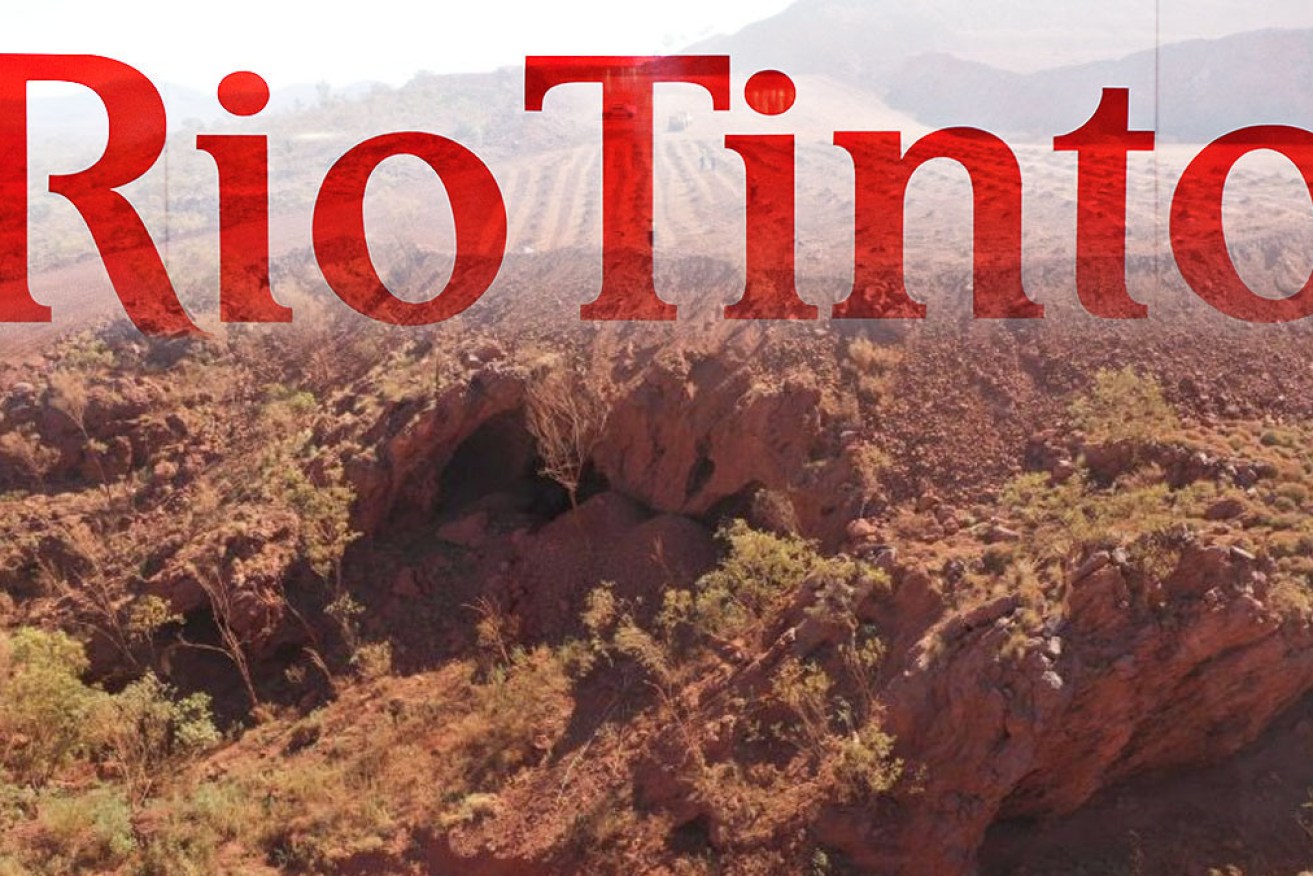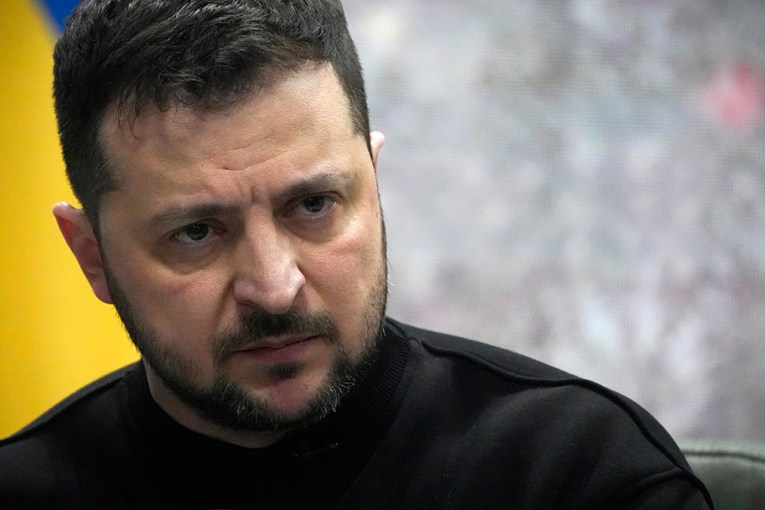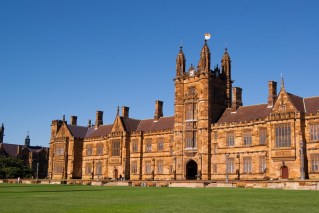‘First strike’: Rio Tinto shareholders revolt over Juukan Gorge payouts

A second strike next year would force a possible board spill. Photo: The New Daily
Global mining giant Rio Tinto has faced a shareholder revolt over payouts to its executives who departed following the Juukan Gorge destruction.
The company has received a “first strike” after more than 60 per cent of shareholders – well above the 25 per cent threshold – voted against its remuneration report.
A second strike next year would force a possible board spill.
In a statement to the Australian Securities Exchange on Thursday night following its annual general meeting in Perth, Rio acknowledged the executive payments were “sensitive and contentious issues”.
Former chief executive Jean-Sebastian Jacques, who resigned along with two other executives last year, earned almost $13 million in 2020.
The trio was stripped of short-term bonuses but able to retain other incentives.
Rio blew up the 46,000-year-old Juukan Gorge rock shelters in Western Australia’s Pilbara region last year to extract $188 million worth of high-grade iron ore.
The incident devastated the traditional owners, the Puutu Kunti Kurrama and Pinikura people, and prompted a global backlash along with a scathing parliamentary inquiry and the resignation of Rio’s CEO and two other executives.
It also highlighted Rio’s relations with Indigenous groups and an apparent disconnect between its global leadership and operational staff.
Chairman Simon Thompson was asked by shareholders whether the company should move its head office given it derives much of its profit from the Pilbara, where it holds more than three billion tonnes of iron ore reserves.
He said Australia was “by far” Rio’s most important country and home to half of its employees and leadership team.
But he played down the significance of the London base, which he said had about 130 staff and was “dwarfed” by offices in Perth and Melbourne.
Mr Thompson conceded the company’s reputation in Australia had taken a hit.
“I think we recognised after Juukan that we have allowed some of our relationships in Australia to not be as strong as they should,” he said.
“This has been and will continue to be an extraordinarily important place for Rio Tinto.”
Rio this year appointed Kellie Parker to the newly-created role of chief executive Australia.
It has said none of its executives were aware the Juukan caves would be destroyed until days before the blast when explosives had already been laid.
Board member Megan Clark said Rio was reassessing 1300 heritage sites in the Pilbara in consultation with traditional owners.
About 54 million tonnes of iron ore – less than two per cent of its Pilbara iron ore reserves – have been quarantined to protect heritage sites.
While one of the Juukan caves is likely to be irreparably damaged, the other remains largely intact and the company has promised it will attempt to restore access for traditional owners.
A moratorium on mining has been placed on the site and the two parties are working to establish what compensation will be provided.
Rio chief executive Jakob Stausholm, who was appointed to the top job after the Juukan scandal, said it was a “terrible chapter” in the company’s history.
“The rock shelters at Juukan Gorge should not have been touched,” he told the meeting.
“We are so sorry.”
-AAP








